

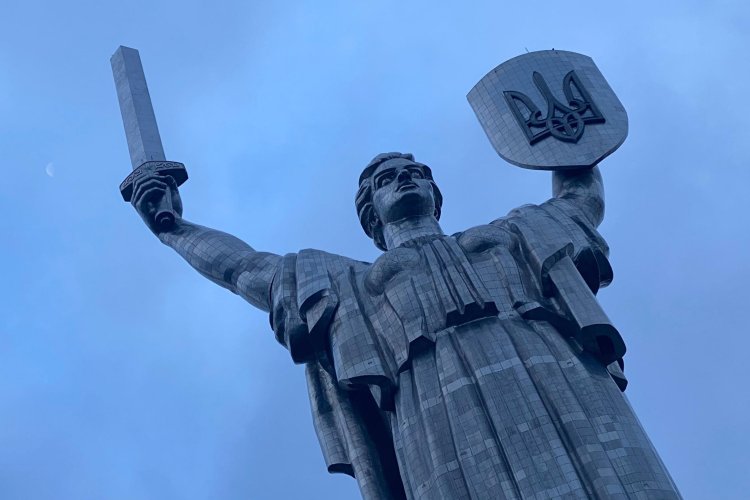
What consequences would the collapse of Ukraine have? What do we lose by the fall of Ukraine? Does the West have the means and the will to continue helping Ukraine?
Since the beginning of Russia's re-invasion of Ukraine in 2022, the most active states in providing assistance are those of Central and Eastern Europe. No wonder, we have our own experiences with Russian occupation, some bad, some downright terrifying, such as the Baltics (on this topic, I recommend Jan Beneš's book Crime of Genocide: Lithuania in the Crushing Embrace of Big Brother USSR). At the same time, the countries of Central and Eastern Europe are those that bear the brunt when it comes to war refugees from Ukraine. In the Czech Republic, there are currently around 300,000 refugees from Ukraine, although the number is decreasing over time as the main war effort is concentrated in the south and east of the country, though the whole of Ukraine is regularly shelled. Refugees from abroad are slowly returning to areas that are now not being shelled or are only exceptionally so.
However, the situation is significantly different for countries further to the west. Despite considerable financial support mainly from the USA, Great Britain, Germany, and others, the conflict is not perceived as seriously there. Weapons and technology are indeed being supplied to Ukraine, but in relatively small quantities and slowly. The reason is, among others, a reluctance in the countries west of us to make bold political decisions, because such decisions do not have public support, for whom the conflict in Ukraine is not a significant issue. It's hard not to remember the same mistake made before the start of World War II against Hitler, demonstrated among other concessions by British Prime Minister Arthur Neville Chamberlain. His statement from the period of the so-called Munich Agreement fits beautifully: "It would be terrible if we had to dig trenches and try on gas masks because people in some distant country - Czechoslovakia - are arguing among themselves, about whom we know nothing. If we were to fight, we would need a bigger reason." Today, despite the lofty words of politicians about unwavering support for Ukraine, the situation is very similar. Yet, the European population does not want to fight and die for Ukrainian freedom and independence; it would suffice to sacrifice 1–2% of GDP in favor of the military capabilities that will be provided to Ukraine. It is, therefore, a relatively small reduction in comfort compared to the investments and costs that the collective West would have if we did not provide sufficient help to Ukraine.
What is likely to happen, then, if Ukraine does not receive what it needs to push the occupiers out of its territory this year, or at the latest next year? Let's break it down into several areas, because the impact is very complex and especially crucial for us in Central and Eastern Europe.
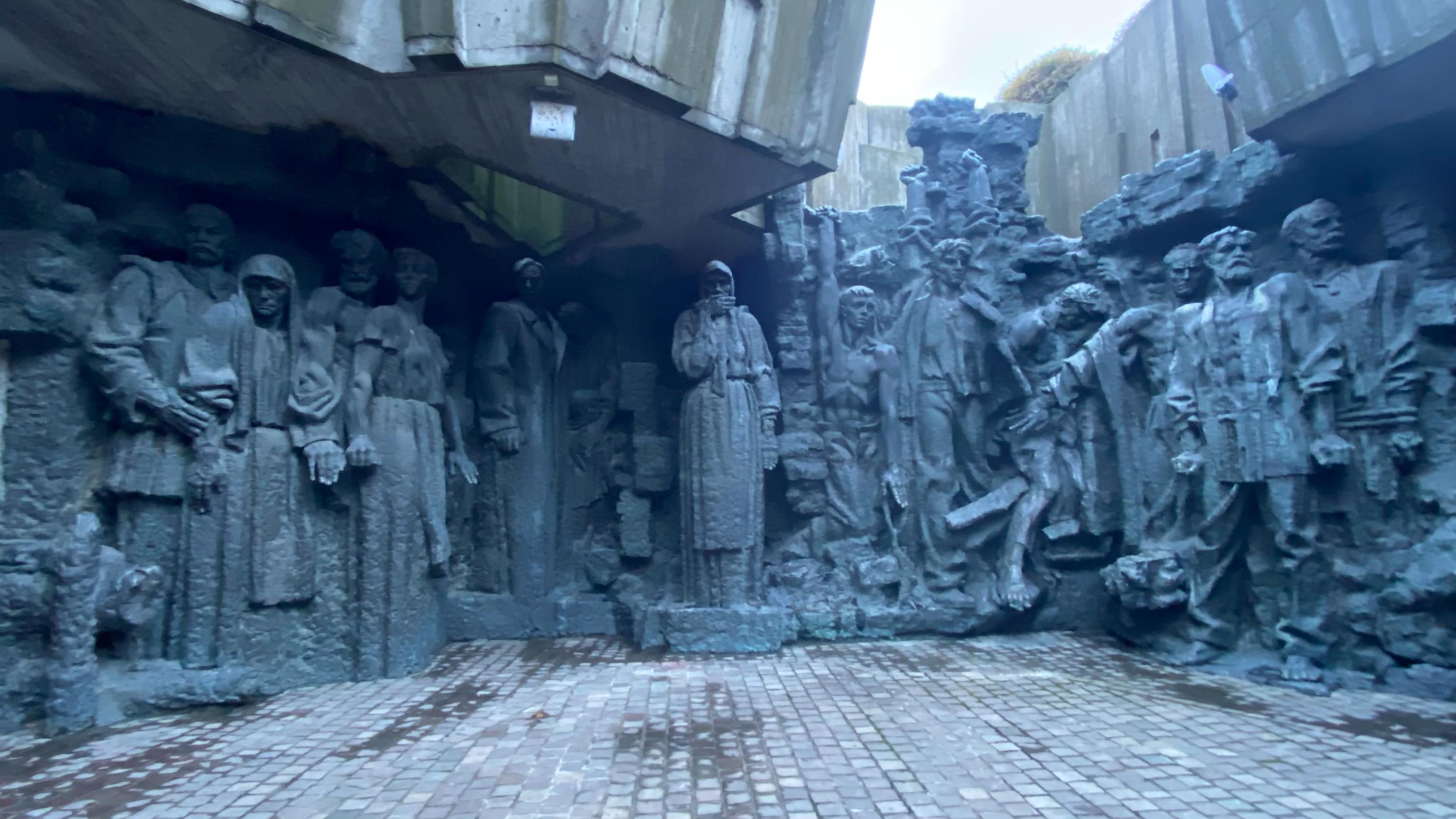
Ukraine is a country under attack, fighting for its freedom. The main driving force behind Russia's attacks through the so-called separatist republics of Donetsk and Luhansk in 2014 was Ukraine's gradual lean towards the EU, desired by the Ukrainian public during the revolution on the so-called Euromaidan. At that time, the pro-Russian president Yanukovych, who not only consulted with Vladimir Putin on how to counter pro-Western sentiments in the country but also did not hesitate to order shootings at demonstrators in Kyiv, was driven out of the country. Ukraine is the country paying the price for its defense in the form of not only material destruction of its country but mainly the lives of its citizens. The collective West has so far paid for its security only financially.
The worst conceivable scenario would then be the complete collapse of Ukraine's economy and defense forces, leading to resistance from mere groups of partisan units. Under occupation, the elimination of Ukrainian history, the reeducation of history, the eradication of Ukrainian cultural identity, and especially the imprisonment, deportation, or direct physical elimination of Ukrainian citizens who could be dangerous for the occupation and new order, would begin. Russia has the facilities and personnel for such procedures, and this practice is already known from Izium and other places in Ukraine that were liberated after a longer Russian occupation.
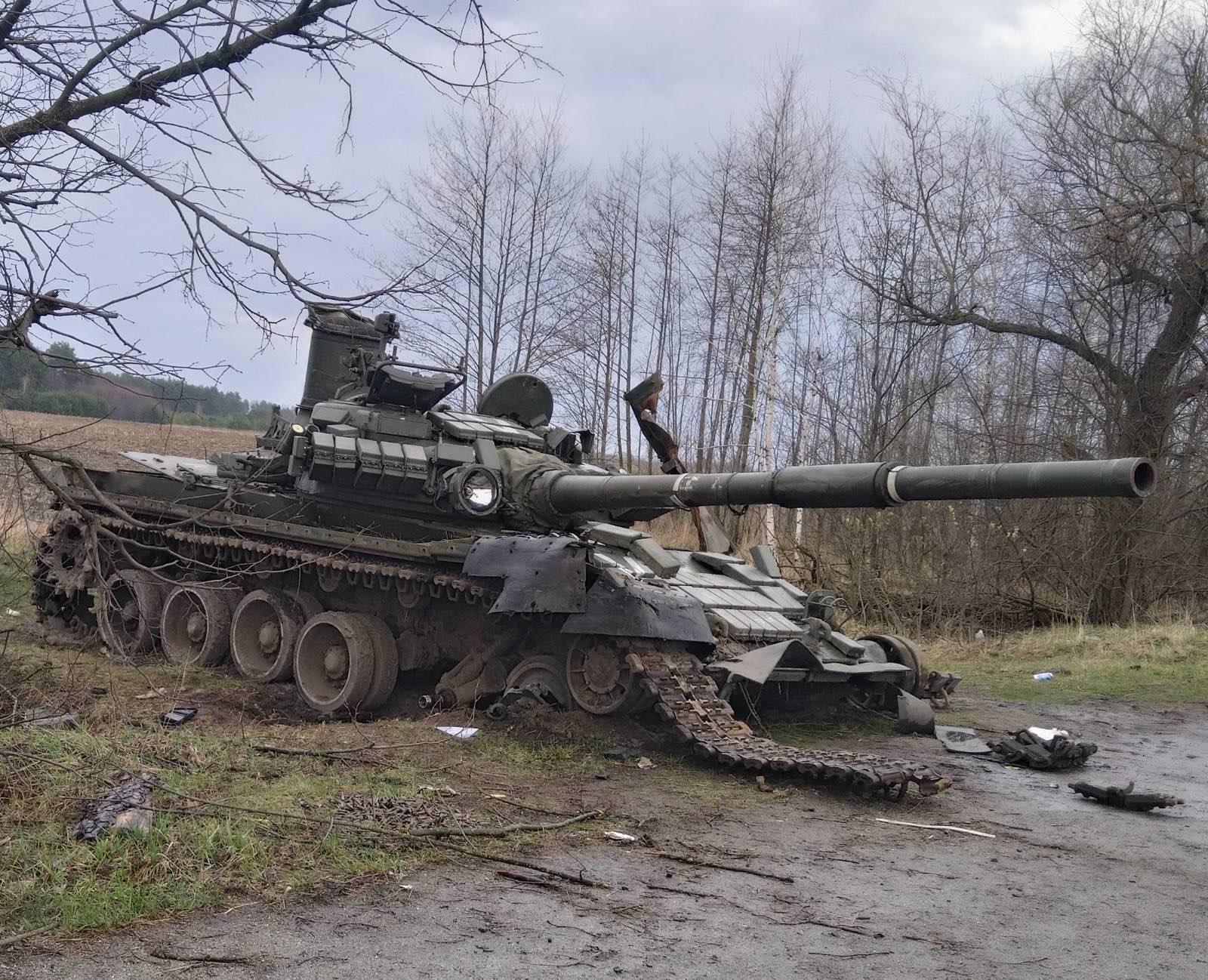
The potential lack of support, or its gradual termination, could lead to a significant loss of credibility for NATO and the EU. This would have a major impact on international relations and the security of Europe and NATO countries. So far, NATO leaders and European states have issued strong statements about massive support for Ukraine and its continuation “as long as Ukraine needs.” However, there are still no unconventional incentives in the economy, nor are large quantities of important military equipment being delivered. Ukraine is still severely lacking in modern fighters, demining equipment, or missiles with flat trajectory and a range of over 400 km. If the support for Ukraine fails beyond declarations, other international players (yes, we are not alone, and not everyone wants the world we live in now) will test our own cohesion. If we are not capable of sufficiently helping Ukraine despite promises, will we be able to show solidarity among ourselves? Would France or Spain sacrifice the Baltic states or Central Europe to buy themselves a longer period of peace? Are the United States really willing to stand by the rest of Europe if it were attacked? Undemocratic regimes around the world will sense an opportunity to change the current international relations arrangement and possibly improve their standing at our expense or that of our neighbors we have declared to protect.
What are the consequences for us specifically if global instability deepened and allied commitments of mutual assistance eroded? If we wanted to maintain our own freedom and sovereignty, it would mean massive investments in our own defense, economic restrictions, and a reduction of civil liberties for us and our neighbors. Exactly what many complain about would become much more pronounced. Are we bothered by spending 2% of GDP on our own defense? If Ukraine fell, we would have to spend 10% or more (The First Republic spent 21% of GDP on defense and communist Czechoslovakia between 10 and 20%). International guarantees would no longer be credible, and we would have to rely more on ourselves than on alliance pacts. Basic mandatory military service and other unpopular measures, which we as a society have long since abandoned because we take security for granted, would have to be reinstated. After all, we, its citizens, are primarily the state. As long as Ukraine fights for its freedom and we help it, the epicenter of security problems is in Ukraine. However, if we do not maintain Ukraine through our joint effort, the source of instability and danger will shift to us in Central Europe. The fate of Ukraine and the destinies of nations in our region are intertwined.
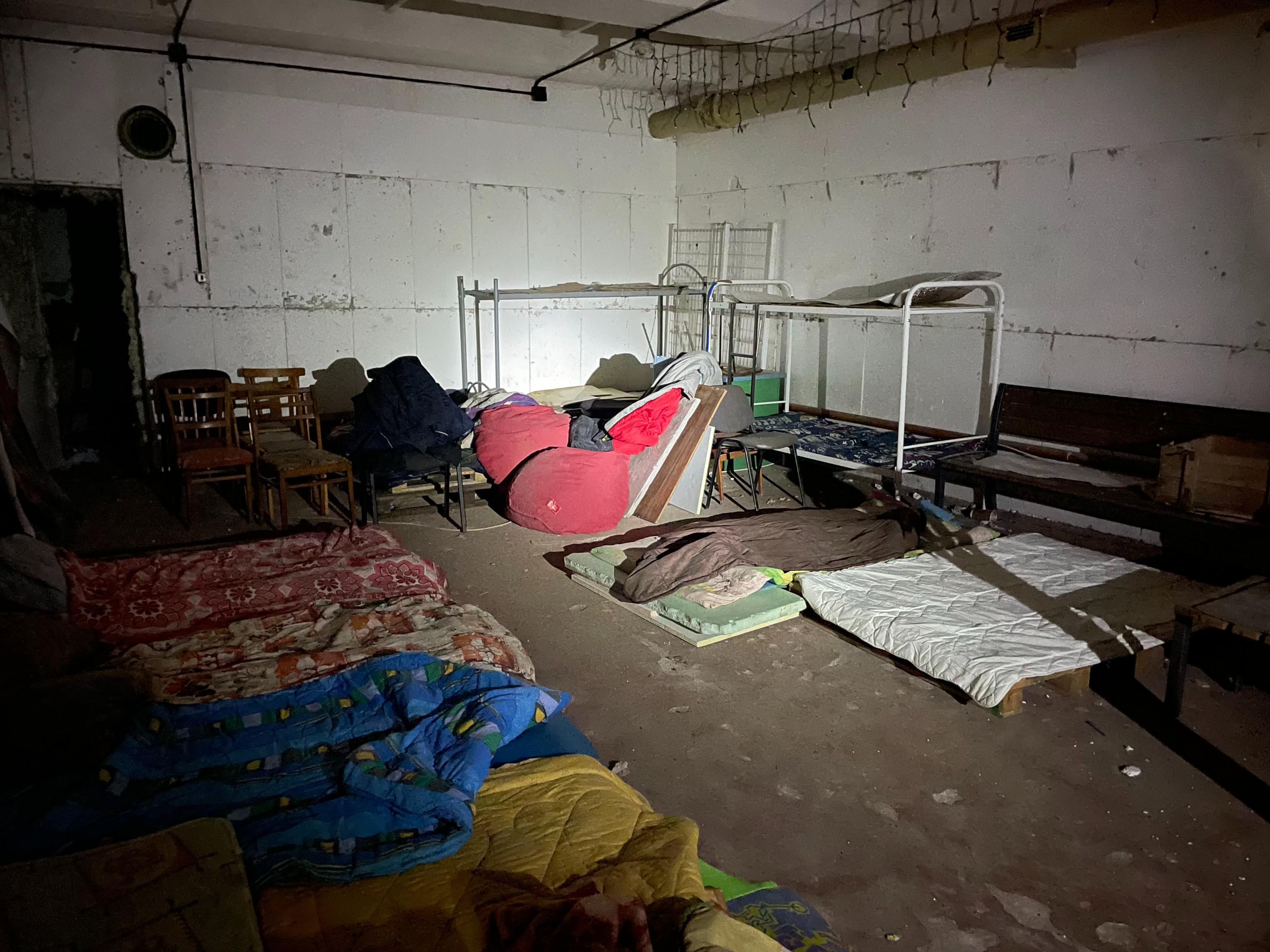
Even now, a portion of Ukrainians who fled to the Czech Republic at the beginning of the invasion in 2022, and then returned home in 2023, are moving back into exile from the eastern regions of Ukraine. The reason is the increasing pressure from Russia on the frontline areas in the east and south of Ukraine and the regular shelling of cities with weaker air defense. Missiles still hit the capital and largest city, Kyiv, killing civilians and destroying homes or infrastructure. Who would want to live in such a place with their family? For example, in Kharkiv, the first underground primary school is being completed so that teaching can continue uninterrupted or undisturbed due to Russian shelling.
What happens, though, if our support is not sufficient, or even ceases? If someone is bothered by the fact that we have several hundred thousand Ukrainian refugees (still predominantly women and children) in our country, then in the event of a significant worsening of the situation at the front, or even the collapse of Ukrainian defense, we must prepare for an influx of millions of war refugees into Central Europe. Currently, there are around four million internally displaced persons in Ukraine, and in the first months after the invasion in February 2022, there were about eight million people. According to UNHCR, there are approximately 6.3 million war refugees outside Ukraine.
Some of us may argue that it's not our problem, that we could close the borders and let Ukrainians and Russians sort it out among themselves. The reality is somewhat different. The Czech Republic is bound by the 1951 UN Convention, which obliges us to accept war refugees and provide them with protection.
Therefore, it's conceivable that there could be millions of refugees from Ukraine in the Czech Republic, which would represent an extraordinary social and economic burden with all its negatives, including increased crime. But even in such a case, we could not deport refugees who commit criminal acts. According to international law, they could not be deported to where they face persecution and danger. With the current relatively calm situation, disrupted only by isolated cases of problematic Ukrainian youths getting into fights in pubs, we can hardly imagine how much worse the situation would be if Ukraine truly fell. Such a situation would undoubtedly lead to political instability, which would be caused or exploited by political parties that programmatically or opportunistically act in favor of Russia.

The phenomena described above would have a major negative combined impact on global security stability. The collapse of Ukraine would significantly weaken the West, both reputationally and in reality, which is the guarantor of the global security and economic order, leading to an unprecedented level of instability and unpredictability not only in Europe but also in many regions of the world. The West is also a guarantor of the principle of national sovereignty, and weakening our role in the world would call this principle into question. The result would be an unstable world full of conflicts that influence each other and often intensify. Currently, for example, some Hungarian politicians claim that after the potential fall of Ukraine, they will claim the territories of the Ukrainian Carpathians. This is just one example of pro-Russian governments that want to take power in Central and Eastern Europe. Any discord, lack of cohesion within the EU or NATO, benefits Russia and its further imperial plans.
It could then happen, just as it did to Prime Minister Arthur Neville Chamberlain after the Munich Agreement, that we would make one concession after another in the name of preserving peace, and in the end, we would still have disgrace and war.
Changes in the world order established after the end of World War II have been underway since at least 2001. The system, based on rules shared by all free democratic states and protecting especially small and vulnerable nations, is starting to erode very dangerously. Remember, countries with democratic regimes are in the minority worldwide, and the arrangement that protects them is not taken for granted.
Jan Heřmánek is the vice-chairman of Team4Ukraine, an entrepreneur, and a commander of an active reserve company of the Czech Republic Army.
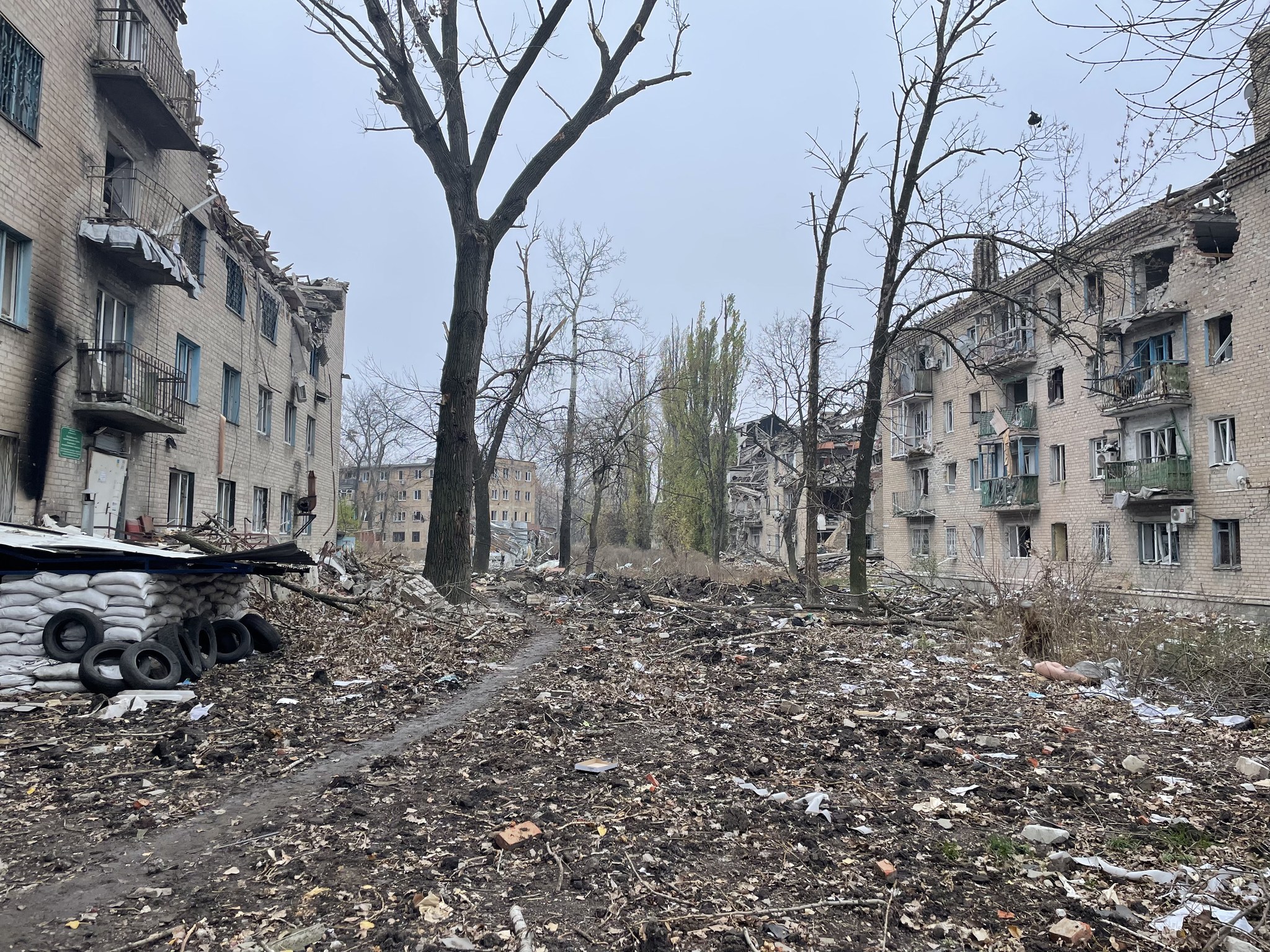
Powered by Froala Editor
